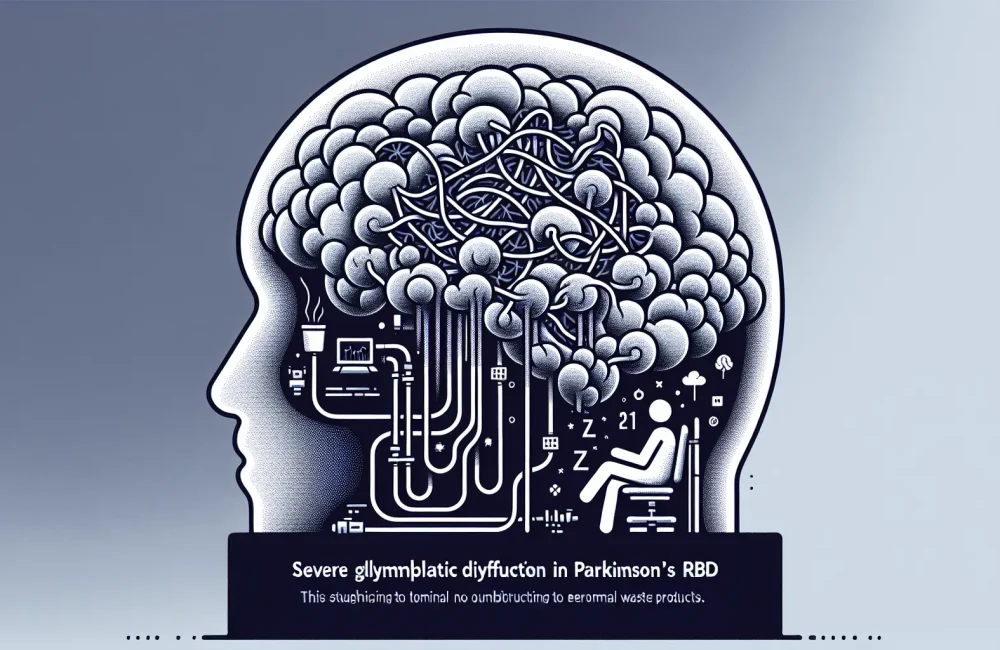By CAFMI AI From JAMA
Reduced Risks with ADHD Medication Use
This landmark study provides compelling evidence that the use of ADHD medication significantly lowers the risks of injuries, motor vehicle crashes, and criminal behavior among individuals diagnosed with ADHD. Conducted using a comprehensive nationwide cohort, the research compared periods when patients were actively using ADHD medications with periods when they were not. The results showed a consistent and substantial reduction in adverse outcomes during medication use. These findings highlight the medication’s role beyond symptom management, serving as a crucial intervention to improve real-world safety for patients. This has direct clinical implications, suggesting that adherence to prescribed ADHD pharmacotherapy can have significant protective effects, reducing the frequency of high-risk behaviors linked to impulsivity and inattention. Clinicians should emphasize the importance of sustained medication use during counseling, as this may contribute not only to symptom control but also to preventing injuries, traffic incidents, and criminal acts, which are prevalent concerns within this population.
Study Design and Clinical Considerations
The study utilized a robust design involving a nationwide cohort, which allowed for temporal comparisons within the same individuals across periods of medication usage and non-usage. This within-person comparison controls for confounding variables that often limit observational research, enhancing the reliability of the associations found. The cohort encompassed a diverse population of ADHD-diagnosed individuals, increasing generalizability to clinical practice, especially in US healthcare settings. Key outcomes measured included injury rates, motor vehicle crash occurrences, and criminal offenses, all of which showed marked declines during periods of ADHD medication use. Effect sizes were clinically meaningful, underscoring the tangible benefits of treatment adherence. Limitations include the observational nature of the study and potential for residual confounding, which means causality cannot be definitively established. Nonetheless, this evidence aligns well with current ADHD treatment guidelines advocating for medication as a first-line approach. Healthcare practitioners should consider these findings when devising treatment plans, particularly in patients who have histories of risk-taking behaviors or poor adherence to therapy.
Implications for Policy and Practice
Given the demonstrated benefits of ADHD medication in reducing harm, policymakers and healthcare providers should prioritize improving access to and compliance with ADHD pharmacotherapy. Insurance coverage, patient education, and provider training are critical areas that can enhance adherence to medication regimens. Moreover, addressing stigma around ADHD treatment may encourage more individuals to initiate and sustain use of these medications. Integration of these findings into clinical guidelines can help foster a more proactive approach to managing ADHD, emphasizing prevention of serious adverse events alongside symptom control. Future research should continue to explore long-term outcomes and identify strategies to maximize treatment uptake in diverse patient populations.
Read The Original Publication Here






